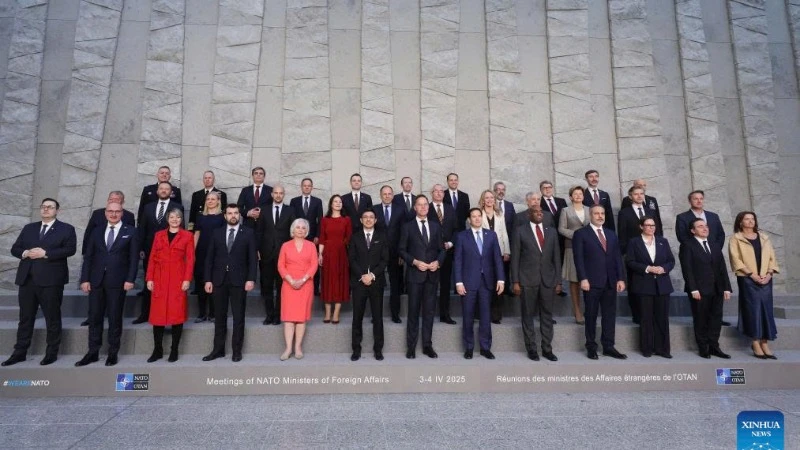
In May 2023, Dr. Benjamin Lanyon of the University of Innsbruck (Austria) made a significant breakthrough when transmitting information over a 50km long fiber optic cable using the principles of quantum physics.
Unlike the modern Internet, which operates on binary data, quantum physics deals with the interactions of molecules, atoms, and even smaller particles like electrons and photons. Quantum bits, known as “qubits,” promise more secure data transmission because observing the particles changes their state, making it impossible to surreptitiously monitor them.
Beyond security, the quantum Internet could open up new opportunities in medicine, astronomy, and even the operation of ATMs. However, even with all its advantages, the quantum Internet is not intended to replace the traditional Internet, but only to complement it.
Dr Benjamin Lanyon’s research is part of a European Union-funded project called the Quantum Internet Alliance (QIA), which brings together research institutes and companies across Europe. The project has received €24 million in funding until the end of March 2026.
As Europe looks to develop a quantum internet, a partnership was announced in June 2023 to develop quantum computers in six European countries. However, Europe is not the only region interested in this field. Both China and the United States have also shown significant progress in quantum technology in recent years.
Dr. Benjamin Lanyon emphasized that new applications of the quantum Internet are being developed at a rapid pace, promising further breakthroughs in the near future.
(according to Securitylab)
Source


![[Photo] National Assembly Chairman Tran Thanh Man meets with General Secretary and President of China Xi Jinping](https://vstatic.vietnam.vn/vietnam/resource/IMAGE/2025/4/14/4e8fab54da744230b54598eff0070485)
![[Photo] General Secretary To Lam holds talks with General Secretary and President of China Xi Jinping](https://vstatic.vietnam.vn/vietnam/resource/IMAGE/2025/4/14/b3d07714dc6b4831833b48e0385d75c1)
![[Photo] Prime Minister Pham Minh Chinh chairs conference to review the implementation of Resolution No. 18-NQ/TW](https://vstatic.vietnam.vn/vietnam/resource/IMAGE/2025/4/14/dcdb99e706e9448fb3fe81fec9cde410)

![[Photo] Ceremony to welcome General Secretary and President of China Xi Jinping on State visit to Vietnam](https://vstatic.vietnam.vn/vietnam/resource/IMAGE/2025/4/14/5318f8c5aa8540d28a5a65b0a1f70959)




























![[Photo] Prime Minister Pham Minh Chinh meets with General Secretary and President of China Xi Jinping](https://vstatic.vietnam.vn/vietnam/resource/IMAGE/2025/4/14/893f1141468a49e29fb42607a670b174)



























































Comment (0)